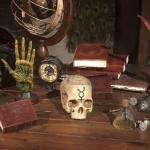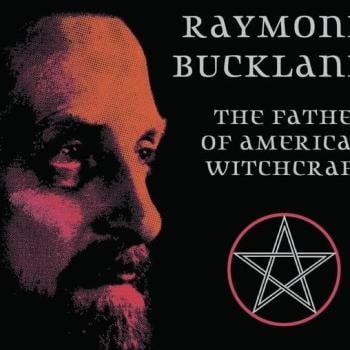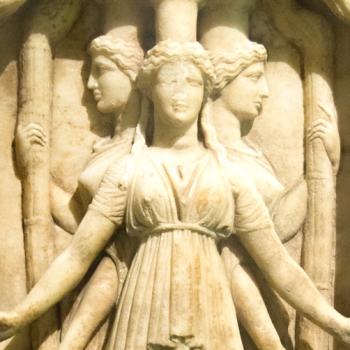“Don’t read the reviews, seriously, Jason stop reading the reviews.”
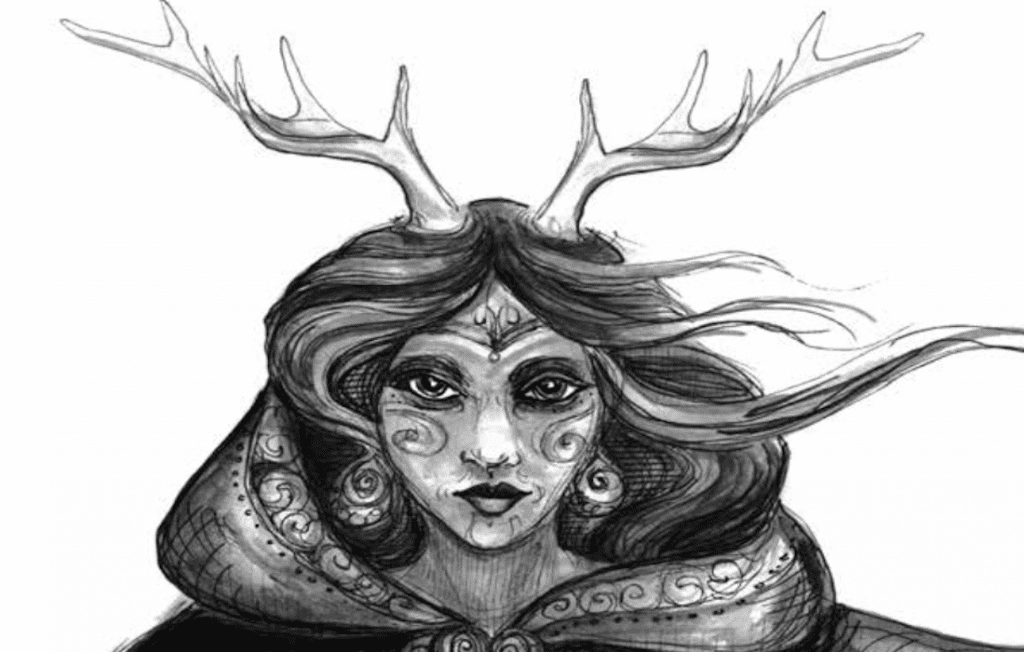
Among Witchcraft and Pagan authors a frequently repeated mantra is “don’t read the reviews.” In many ways reading a review of your own book is a lot like watching a sporting event you are emotionally invested in:
-You have no control over the outcome or what is being written in a review.
-A victory, or a great review, is one of the highest of highs; few things outside of sex, a good rye whisky, and spiritual pursuits make me more ecstatic.
-A loss, or a negative to middling review, can be soul crushing. In one case you call your fandom into question, and in the second you doubt yourself, your ability, your connection with the divine, and the book you’ve spent the last year of your life toiling over.
I don’t expect everything I write to get five star reviews on Amazon or Goodreads. And there are times when a reviewer’s criticism(s) are spot on. I have garbled a fact or two over the last six years writing books, and perhaps there are passages that are not as clear as they should be. If a reader is confused about something you’ve written, that’s on you (and in this case “me”) the author.
But there are times when reviews just seem strange, disconnected from the book, or you notice people focusing in on certain minutia because it makes them uncomfortable. Some (certainly not all, most have been overwhelmingly positive) recent reviews of The Horned God of the Witches fall into this category. I don’t want to speculate too much on this, but since I’m writing this article you know that I’m going to.
I have been devotee of the Horned God for nearly twenty-five years. I discovered Witchcraft and Paganism in 1994, and the Horned God a few years later. By the late 1990’s I had begun presenting (bad) workshops on old Horn Head as I knew him at the time. Those workshops have continuously evolved over the years, because I have evolved as a person, and I’m always looking for new information and processing that information in new ways as I learn more about the mysteries of the Horned One.
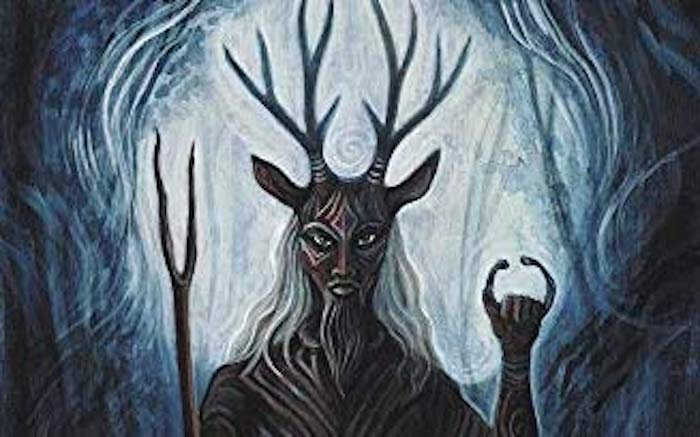
My first attempt at writing a book occurred in the mid-2000’s, not surprisingly the Horned God was my topic. After some really positive feedback from a very well known author back in 2005 (thank you C-Pen) I submitted much of what I had to Llewellyn. A few weeks later I got a well deserved, but kind, rejection email. I drifted away from trying to write a book, and instead focused on this here blog for a few years, which radically improved my writing, and then I was ready to write books.
When I decided to take another crack at writing a Horned God book I made the conscious decision to not look at anything I had previously written on the subject. It would have been impossible to completely ignore my past work, much of remains tucked inside my brain, but I decided I should look at things with a fresh perspective, perhaps gleaning information I had previously missed. There was much that I had previously missed, and much that needed to be re-evaluated.
Over the course of writing The Horned God of the Witches, one of the things that surprised me was that I kept stumbling across horned and antlered goddesses. Now of course I was well aware that there are goddesses such as the Egyptian Hathor who were often depicted with horns. But what was really surprising was stumbling across antlered goddess figures contemporary to Cernunnos, and in the same geographic era. Also surprising were female versions of the Greek god Pan. Some of this material was in books I had first read twenty years ago, and for whatever reason that information just didn’t resonate with me then.
When I first began planning The Horned God of the Witches I knew that I would be writing about Elen of the Ways. When I’m doing workshops on the Horned God I’m frequently asked about her, and it seemed like in 2019 that she had to be a part of the story. And when I’m on the road at magickal events I see people in shirts with Elen on them and you can find statues of her online and at Witch shops.
People love to talk about “agency” when it comes to deity, but often ignore it when that agency is slapping them in the face. When a deity goes from not being in the historical record in a conventional way to being pretty freaking popular in a matter of just a couple of decades, that’s agency. Keeping her out of the book was just not an option.
My Horned God book is about 250 pages long before the bibliography and the acknowledgements. While Elen is in my book, her appearance is rather fleeting, just three pages. There are also no Elen rituals or meditations, unlike many of the other figures written about in the book’s pages. When it comes to Pan, there are three sentences dedicated to the female version of Pan. The female version of Cernunnos gets an entire four paragraphs, and there’s one sentence mentioning female Green Man figures. Together those four pages make up 1.6% of the book.
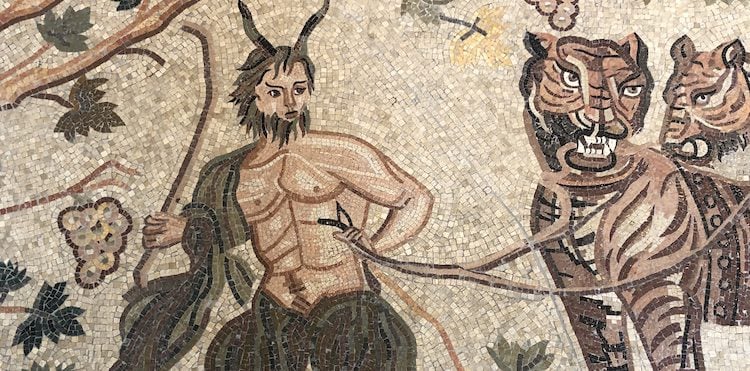
People who don’t like that 1.6% of the book, really don’t like it. It’s strange. A recent review suggested that I was concerned with “woke community” by including such material. The idea that deity could be gender-fluid is apparently really horrifying to some. Never mind that Zeus transformed into a she-bear on at least once occasion, and also loved to be a genderless golden rain.
While I strive to be inclusive, when I write books I go where the evidence takes me. The book includes all the rough edges of Pan for instance, and all that we don’t know about Cernunnos. I didn’t arbitrarily decided to add material to the book because I thought it would win me points with a certain group of people. I wrote about Elen and Pan and Cernunnos in different forms because the material was there, is a part of the story of the Horned One in 2021, and to ignore it would have been dishonest. I’m not sorry that information makes people uncomfortable.
When people ask me what a “horned god” is I always suggest that it’s a matter of individual choice and taste. If someone doesn’t view Elen as related to Herne that’s their prerogative. We don’t know exactly what the antlered female figures found near Cernunnos mean exactly, these things are always open to interpretation. One of the things that’s most important to me in regards to the Horned One are entry points into their mysteries, I truly believe that figures like Elen are one of those entryways, if that makes the Horned God “woke,” that’s the agency of the Horned God, it’s not a political agenda.
(Note: I hate people using terms like “woke” or “social justice warrior” as slurs. I don’t think wanting everyone to be treated with kindness, respect, and decency is something to mock.)
Find Jason Online
My Patreon Starts at Two Bucks!
The Horned God of the Witches
Transformative Witchcraft: The Greater Mysteries
The Witch’s Wheel of the Year: Circles for Solitaries, Circles, & Covens
Raise the Horns on Facebook Jason’s Twitter
Pictures Of Magickal Stuff
Witches, Whisky, & Wit (Podcast)
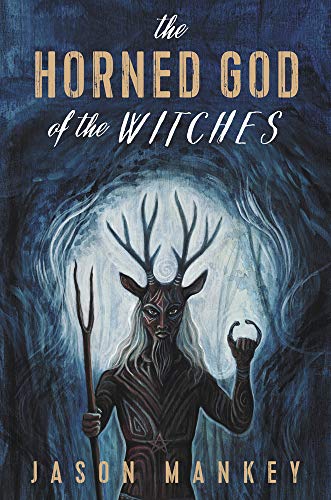
Transformative Witchcraft: The Greater Mysteries
The Witch’s Wheel of the Year: Circles for Solitaries, Circles, & Covens
Raise the Horns on Facebook Jason’s Twitter
Pictures Of Magickal Stuff
Witches, Whisky, & Wit (Podcast)

Raise the Horns on Facebook Jason’s Twitter
Pictures Of Magickal Stuff
Witches, Whisky, & Wit (Podcast)




